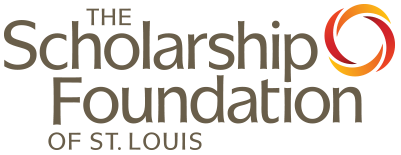As a general rule, take the following steps to protect yourself:
- AVOID the Direct (Parent) PLUS LOAN. This loan can have disastrous consequences, especially for low income families. It has high interest rate (currently fixed at 8.04% for the 2023-2024 academic year) that starts accruing with the first disbursement; a loan origination fee (4.288% of the total loan amount), less-friendly repayment terms, and a stringent credit check that make this loan much less desirable. It may appear in your financial aid package but you may later learn your parents do not qualify. Click here for more information on the Parent PLUS loan.
- BE CAUTIOUS with the Direct Unsubsidized (Stafford) Loan. The interest rates for the 2023-24 academic year are 5.495% for undergraduates and 7.05% for graduates and interest accrues while you are in school.
- DO NOT BORROW private bank loans to pay for college. With high and variable interest rates, cosigners required, and few (if any) deferment or forbearance options, these loans saddle students and families with extremely unmanageable debt.
- DO NOT BORROW more than $12,000/year unless you have a trust fund you can use to pay back your student loans. If you graduate in 5 years, you are looking at $60,000 in student debt. If you take 10 years to repay this loan at an average 5% interest rate, your monthly payment will be approximately $636. According to some repayment calculators, you will need a salary of $95,500/year to make this payment. On average, undergraduate students should be able to keep their annual debt at or below $12,000. Click here for more information on determining student loan payments.
Make sure you:
- READ your award letter carefully. Not all aid listed may be guaranteed. For example, your family may be offered the Direct (Parent) PLUS, which is dependent on credit approval. You do the math and it all adds up, but after heading to school find out your parent(s) have been denied for this loan. You would find yourself with a balance that you cannot pay; this could prevent you from registering for classes the following semester or getting a transcript to transfer schools. This balance owed becomes a debt called a back balance and it leaves students with very limited ability to move forward with their education. Federal Work-Study is also not guaranteed, as jobs must be secured before any funds are received by a student.
- If you have to borrow, take the Direct Subsidized (Stafford) Loan offered by the federal government. The Direct Subsidized Stafford Loan offers a 5.495% interest rate for the 2023-24 academic year which is covered while the student is enrolled at least part-time and it has a 6-month grace period after students graduate before repayment will begin.

